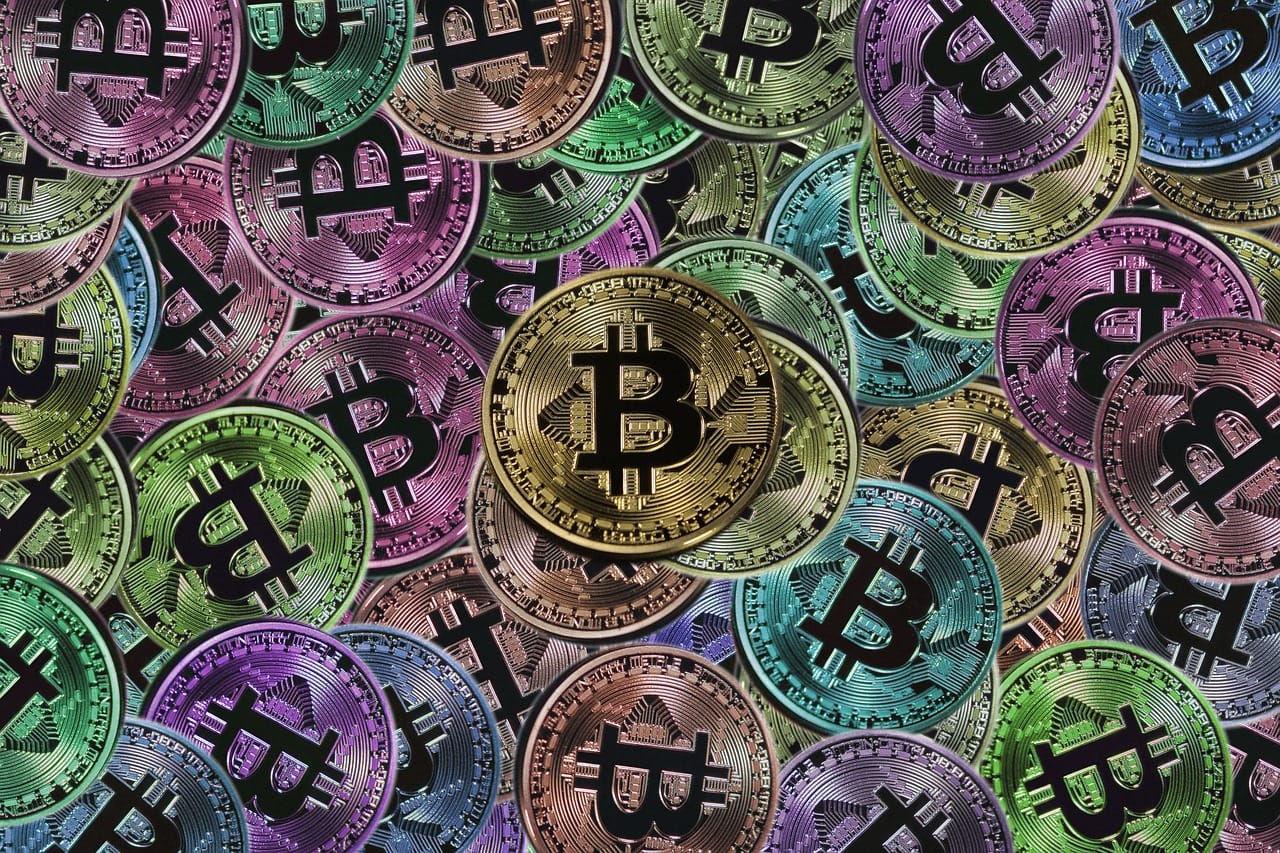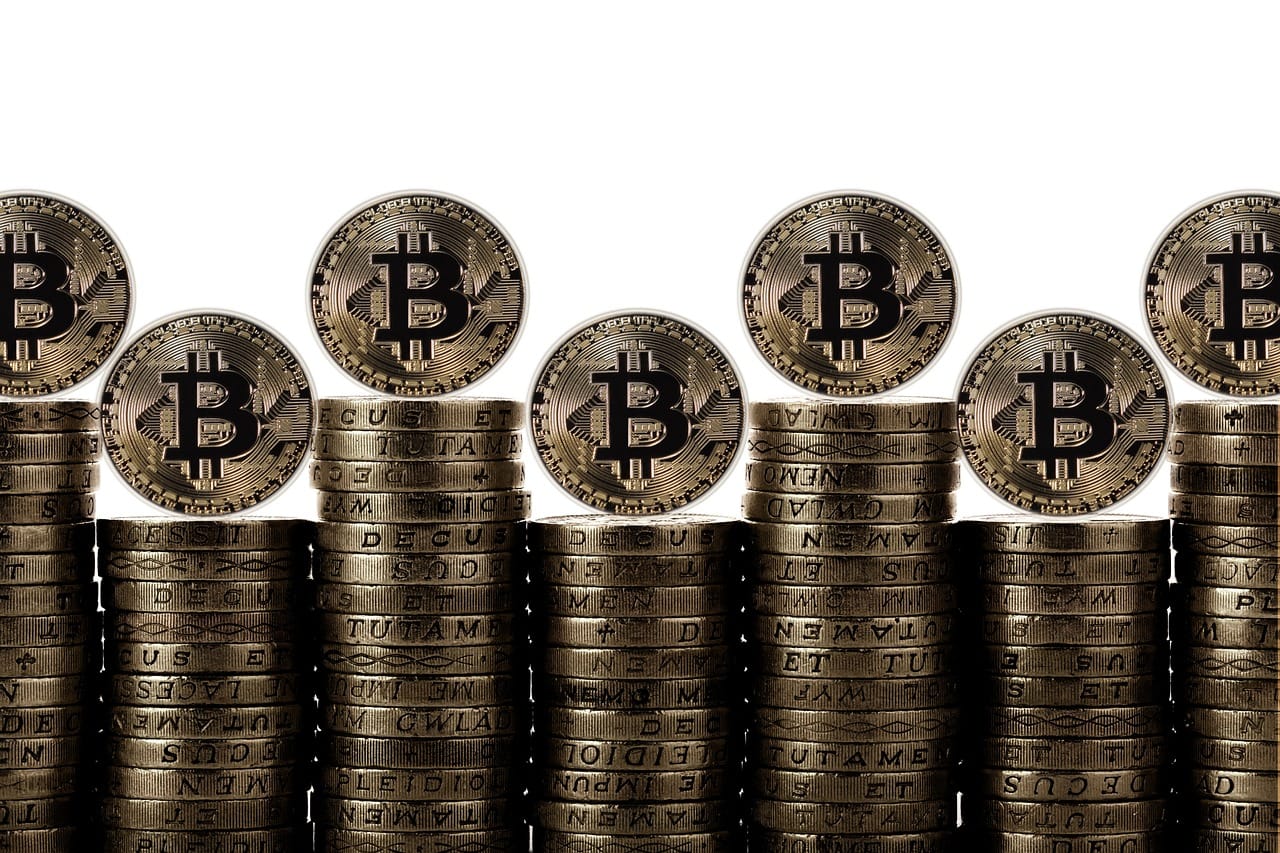Navigating Currency Markets | Unraveling the Impact of Political Events
Explore the intricate relationship between political events and currency markets. Gain insights on navigating forex trading with expert analysis on elections, policy changes, geopolitical tensions, and more for informed decision-making

As a seasoned financial analyst, I have witnessed firsthand the intricate dance between political events and currency markets. Understanding the impact of political events on currency markets is crucial for investors, traders, and businesses operating in the global economy. In this comprehensive guide, I will delve into the multifaceted relationship between political events and currency values, exploring the influence of elections, policy changes, geopolitical tensions, economic sanctions, central bank decisions, political stability, currency wars, Brexit, political risk in emerging markets, and globalization on currency interdependence.
Elections, Policy Changes, and Their Influence on Forex Market
Elections and policy changes wield significant influence over currency markets, often triggering volatility and uncertainty. The outcome of elections can lead to shifts in economic policies, trade agreements, and fiscal strategies, directly impacting currency values. For instance, a change in government may signal a shift towards protectionist measures, spurring fluctuations in exchange rates and investor sentiment. In the aftermath of elections, forex markets closely monitor policy announcements and legislative reforms, as these can shape the economic landscape and alter the attractiveness of a country's currency.

Policy changes, whether related to taxation, trade, or monetary policy, can have a profound impact on currency values. A government's decision to implement expansionary fiscal policies or tighten monetary measures can lead to currency appreciation or depreciation, depending on market expectations and reactions. Forex traders carefully analyze policy shifts, seeking to anticipate their implications on interest rates, inflation, and overall economic stability. It is crucial for market participants to stay abreast of election outcomes and policy developments to make informed trading decisions in the ever-changing forex market.
Geopolitical Tensions and Exchange Rates
Geopolitical tensions, arising from conflicts, territorial disputes, or diplomatic standoffs, can exert immense pressure on exchange rates and currency markets. Heightened geopolitical risks often lead to risk aversion among investors, prompting capital flight from the affected regions and currencies. In times of geopolitical uncertainty, safe-haven currencies such as the US dollar, Japanese yen, and Swiss franc tend to strengthen, reflecting the flight to safety by market participants.
The impact of geopolitical tensions on exchange rates extends beyond immediate market reactions, as prolonged conflicts or geopolitical instability can disrupt trade flows, investment patterns, and economic growth prospects. Currency markets closely monitor geopolitical developments, assessing their potential implications on global trade, supply chains, and cross-border investment. Understanding the interplay between geopolitical tensions and exchange rates is essential for navigating the complexities of the forex market and managing risk in an increasingly interconnected world.
Economic Sanctions and Currency Fluctuations
Economic sanctions, imposed by one country or a group of nations on another, can trigger significant currency fluctuations and disrupt international trade and financial flows. When sanctions are imposed, the targeted country's currency may experience sharp depreciation, reflecting the impact of restricted access to global markets, reduced foreign investment, and heightened economic uncertainty. Conversely, the sanctioning countries' currencies may exhibit relative strength, reflecting their perceived safe-haven status and resilience amid geopolitical tensions.
The effectiveness of economic sanctions in influencing currency fluctuations depends on a myriad of factors, including the targeted country's economic resilience, the scope of sanctions, and the responses of other global players. Forex traders closely monitor developments related to economic sanctions, assessing their potential impact on currency values and cross-border transactions. Moreover, businesses engaged in international trade and investment need to factor in the implications of economic sanctions on currency risk management and strategic decision-making.
Central Bank Decisions and Currency Values
Central bank decisions, encompassing monetary policy adjustments, interest rate changes, and unconventional stimulus measures, play a pivotal role in shaping currency values and exchange rate dynamics. Central banks hold the key to influencing interest rates, money supply, and financial market stability, thereby impacting the attractiveness of a country's currency in the global arena. When central banks signal a dovish stance, indicating a bias towards accommodative monetary policy, the domestic currency may face depreciation pressure as investors seek higher-yielding assets elsewhere.
Conversely, hawkish signals from central banks, signaling a tilt towards tightening monetary conditions, can lead to currency appreciation as market participants anticipate higher returns and economic stability. Forex traders closely monitor central bank meetings, policy statements, and economic projections to gauge the trajectory of monetary policy and its potential impact on currency values. Understanding the nuances of central bank decisions is essential for navigating currency markets and making informed trading decisions in a dynamic and ever-evolving financial landscape.
Political Stability and Its Effect on Foreign Investment
Political stability, or the lack thereof, can significantly influence foreign investment patterns, capital flows, and currency values. Countries characterized by political stability, transparent governance, and respect for the rule of law often attract higher levels of foreign direct investment, supporting their currency values and economic growth prospects. On the contrary, political turmoil, governance crises, or policy unpredictability can lead to capital flight, currency depreciation, and diminished investor confidence.

Foreign exchange traders and investors closely monitor political developments, assessing the implications of political stability or instability on currency values and investment attractiveness. Furthermore, businesses engaged in cross-border trade and investment need to factor in political risk considerations when formulating market entry strategies and managing currency exposure. Political stability serves as a critical determinant of a country's economic resilience and its ability to withstand external shocks, making it an essential factor in currency market analysis and risk management.
Currency Wars and Political Strategies
Currency wars, characterized by competitive devaluations, exchange rate interventions, and trade-related disputes, have the potential to trigger significant volatility and uncertainty in currency markets. When countries engage in currency devaluation tactics to gain a competitive edge in international trade, it can lead to retaliatory measures and heightened market tensions. Currency wars can distort trade balances, impact cross-border investment decisions, and create challenges for businesses operating in the global marketplace.
The impact of currency wars on exchange rates and forex markets extends beyond immediate market reactions, as they can influence trade negotiations, geopolitical dynamics, and global economic stability. Forex traders and investors closely monitor the rhetoric and actions of policymakers, assessing the potential implications of currency wars on currency values and market sentiment. Understanding the intricacies of currency wars and their political underpinnings is essential for navigating the complexities of the forex market and managing risk in an environment marked by geopolitical tensions and trade disputes.
Brexit and Its Impact on Currency
Brexit, shorthand for the United Kingdom's decision to exit the European Union, has had profound ramifications on currency markets and exchange rate dynamics. The prolonged uncertainties surrounding Brexit negotiations, trade arrangements, and economic repercussions have led to significant volatility in the value of the British pound and its interactions with other major currencies. The uncertainty stemming from Brexit has influenced investor sentiment, trade patterns, and business decisions, shaping the landscape of currency markets in Europe and beyond.
The impact of Brexit on currency values extends beyond the immediate market reactions to political developments, as it has implications for trade relationships, financial regulations, and the broader geopolitical landscape. Forex traders and businesses operating in the UK and the EU closely monitor Brexit-related developments, seeking to anticipate their potential impact on currency values, cross-border transactions, and investment decisions. Understanding the complexities of Brexit and its ripple effects on currency markets is essential for managing currency risk and making informed trading decisions in an evolving geopolitical environment.
Political Risk in Emerging Markets
Emerging markets, characterized by rapid economic growth, demographic shifts, and developmental opportunities, are also subject to political risk considerations that can impact currency values and exchange rate dynamics. Political risk in emerging markets can stem from governance challenges, policy uncertainties, geopolitical tensions, and institutional vulnerabilities, leading to heightened currency volatility and investor caution. The perception of political stability and policy predictability plays a crucial role in shaping investor confidence and currency values in emerging markets.
Forex traders and investors keen on capitalizing on the growth prospects of emerging markets need to factor in political risk considerations when assessing currency values and investment opportunities. The impact of political risk on exchange rates and currency markets in emerging economies extends beyond immediate market reactions, as it can influence long-term investment decisions, trade relationships, and economic development trajectories. Understanding the nuances of political risk in emerging markets is essential for navigating the complexities of the forex market and managing risk in a dynamic and evolving global economy.
Globalization and Currency Interdependence
Globalization, characterized by interconnected financial markets, cross-border trade flows, and multinational business operations, has led to increased currency interdependence and the amplification of political events on currency values. The interconnected nature of the global economy means that political events in one region can have far-reaching implications for currency markets and exchange rate dynamics worldwide. Trade negotiations, geopolitical tensions, policy shifts, and economic developments in one part of the world can reverberate across financial markets, shaping currency values and investor sentiment.
The impact of globalization on currency interdependence underscores the need for market participants to adopt a holistic approach to currency market analysis, considering the interconnectedness of political events and their potential spillover effects. Understanding the intricate web of relationships between political events, globalization, and currency values is essential for navigating the complexities of the forex market and managing risk in an environment marked by cross-border economic linkages and geopolitical interdependencies.
Navigating currency markets in the context of political events requires a deep understanding of the multifaceted relationships between elections, policy changes, geopolitical tensions, economic sanctions, central bank decisions, political stability, currency wars, Brexit, political risk in emerging markets, and globalization. The impact of political events on currency values extends beyond immediate market reactions, shaping the landscape of currency markets and exchange rate dynamics in an interconnected global economy. As market participants strive to make informed trading decisions and manage currency risk, it is imperative to recognize the intricate interplay between political events and currency values, leveraging comprehensive analysis and strategic insights to navigate the complexities of the forex market.
CTA: For more insights on navigating currency markets and managing currency risk, explore our comprehensive range of resources and expert analysis to stay ahead of the curve in the dynamic world of forex trading and foreign exchange management




